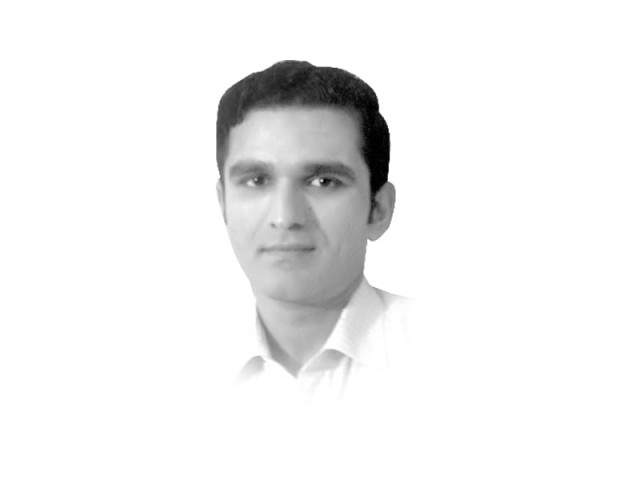Imagined history
The fabrication of history is not new and is not limited to any one country — it is omnipresent

The writer teaches History at Forman Christian College Lahore and tweets at
@BangashYK
Yasir’s article came at a very opportune time; just a day earlier I was exhorting my students to always investigate the veracity of claims and so-called facts — without such an investigation, I told them, they should not believe anything to be true. Yasir’s column has quite simply hit the nail on the head, and forces us to re-examine the way we view history. For a lot of people in Pakistan, history is a hobby or at best a general subject. People hardly consider it a science with its own processes, methods and methodology. History in Pakistan is considered everyone’s domain and everyone is an authority on it. Hence when television programme hosts want to get an ‘expert opinion’ on an historical point, they rarely contact a historian — a columnist, a public speaker, or at times just a random chap suffices. Imagine asking a non-specialist to come on a show and give an expert opinion on, say, physics. But wait, its Pakistan.
The fabrication of history is not new and is not limited to any one country — it is omnipresent. However, what differentiates us from other countries is that elsewhere historians are considered experts on the scientific study of history. In other countries, historians stand up and point out such fallacies repeatedly. The above quoted article is the first researched exposition of the topic I have read in Urdu in recent memory. Why don’t more people, especially Urdu columnists, tackle this issue, I wonder.
I attended the Indian History Congress at the end of 2014, where the eminent historian Professor Dr Irfan Habib presented a resolution at its general meeting which read, in part: “The Indian History Congress throughout its existence has been committed to the cause of the scientific method in history and its pursuit free of any sectarian or chauvinistic approaches … The Indian History Congress is confident that all genuine historians would stand by the values of their profession and resist interested distortions of our past.” The resolution was then put to a vote and passed without any dissent — and remember here that the Indian History Congress gets a lot of funding from the government of India.
It is almost unthinkable that any meeting of historians in Pakistan would pass such a resolution, and especially a resolution which clearly criticises the prime minister. This is because historians in Pakistan have given up their discipline to certain ‘experts’ and are too scared to publicly correct distortions. The result of this half-hearted engagement is clear: pseudo-experts dominate the field and create a fantasy-based narrative which they feed to a news and information hungry audience that neither knows about the discipline nor cares to know about it. Every country embellishes its past to foster nationalism. However, what differentiates us is that while other countries might embellish about 15-20 per cent of their history, we try to achieve 80 per cent; where others lie five to 10 per cent of the time, we love to fabricate the whole story. The time has come that we should stop telling blatant lies to our people, and move towards the scientific study of history where facts are investigated and verified and where history is considered a discipline with experts. Our nation has suffered too much at the hands of fabricated history; let us start telling the truth.
Published in The Express Tribune, April 6th, 2015.
Like Opinion & Editorial on Facebook, follow @ETOpEd on Twitter to receive all updates on all our daily pieces.















COMMENTS
Comments are moderated and generally will be posted if they are on-topic and not abusive.
For more information, please see our Comments FAQ